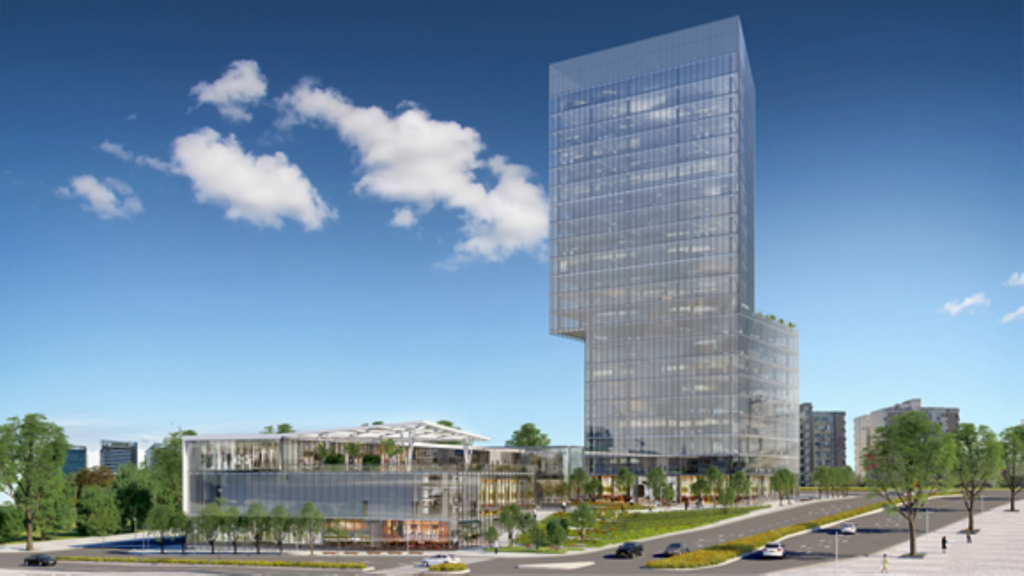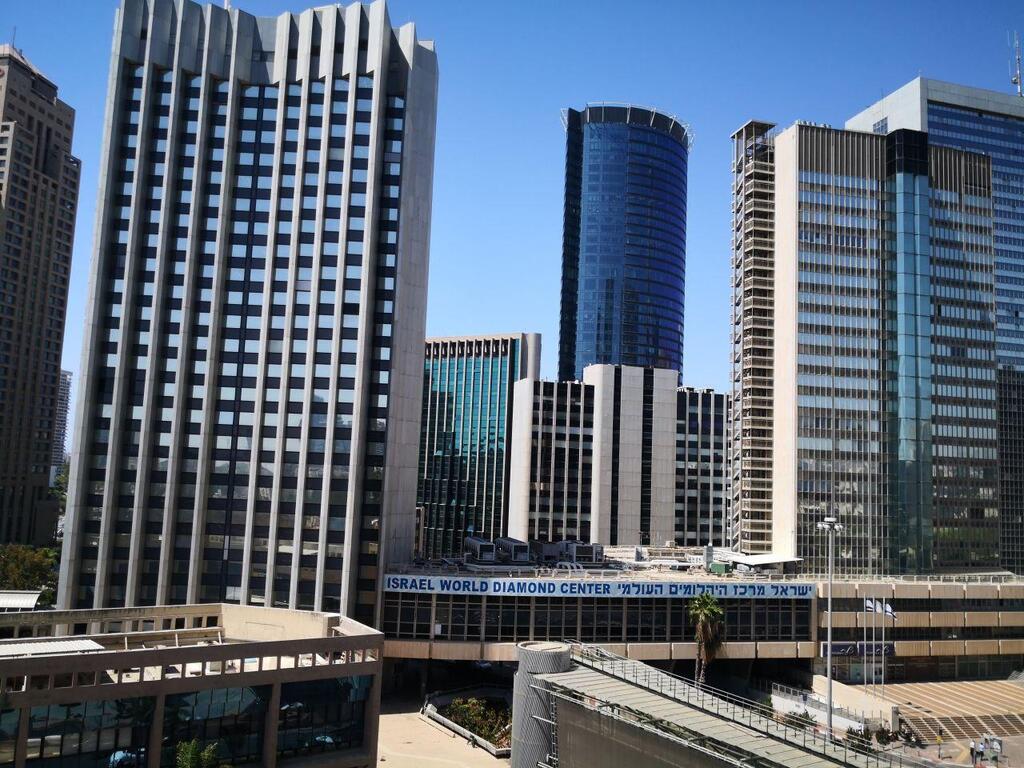Getting your Trinity Audio player ready...
Three years after Israel’s real estate market began recovering from the COVID-19 pandemic, it now faces one of its toughest periods in two decades. The market's downturn began with political unrest surrounding the government's judicial reform plans and worsened with the outbreak of war in October, creating uncertainty that has stifled business confidence and long-term commitments.
Companies are now hesitant to sign long-term office leases amid the instability, as highlighted by the half-year financial reports of Israel’s commercial real estate companies. While established office towers continue to show high occupancy rates, new buildings still under construction, like Campus Amot Tower in Holon, are struggling to find tenants. For example, the Amot project reports 33% occupancy, compared to 92% in the company’s other properties.
Office relocations, which reflect a company’s long-term business outlook, usually occur every five to ten years. In the current climate of prolonged instability, many businesses are postponing major commitments, awaiting greater certainty.
Vacancies hit large-scale projects
Among the hardest-hit projects is the Broshim Campus in Jerusalem, a 40,000-square-meter (430,556 square-foot) office tower that remains largely unoccupied, with only nine of its 25 floors filled. Jerusalem, which has traditionally struggled to attract high-tech companies, faces additional pressure due to autonomous car company Mobileye's relocation to its new campus, leaving behind large amounts of vacant office space in areas like Har Hotzvim.
In Petah Tikva, Ampa Square, a 15,000-square-meter (161,459 square-foot) complex, remains mostly vacant after office space provider WeWork pulled out of plans to open a branch there. The building has yet to recover from the failed deal, with no new tenants in sight.
Similarly, BSR City, a massive 160,000-square-meter (1,722,226 square-foot) project in Petah Tikva, reports just 40% occupancy. The development, which consists of four towers, is one of the largest office complexes marketed to private investors, many of whom hold small office spaces that are difficult to lease. The glut of available office space and rising construction costs have deterred prospective tenants.
Struggles across Israel’s business districts
Even premium office towers like Icon Tower in Ramat Gan’s Diamond Exchange District are struggling. Despite its strategic location, only six floors have been leased, with full occupancy expected by late 2024. Similarly, the Raoul Wallenberg 16 tower in Tel Aviv’s Ramat HaHayal remains 80% vacant, with little sign of improvement due to the neighborhood's low demand.
Developers behind The Park project in Bnei Brak face similar difficulties. The office space remains almost entirely vacant, despite an anticipated opening in early 2025.
Challenges for high-end projects
In Tel Aviv, the former headquarters of Bank Leumi remains empty after being acquired by Sella Capital Real Estate for NIS 623 million ($165 million) in 2022. Despite renovations, the company has struggled to lease the space due to high asking prices.
High-end projects like Exchange Tower in Ramat Gan, set to open in May 2025, have also seen limited interest. Despite its prime location and adherence to the LEED Gold building standard, only one lease has been signed to date, reflecting the oversupply in Israel’s office market.




